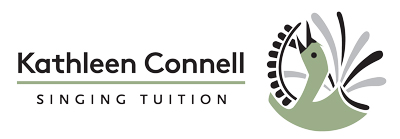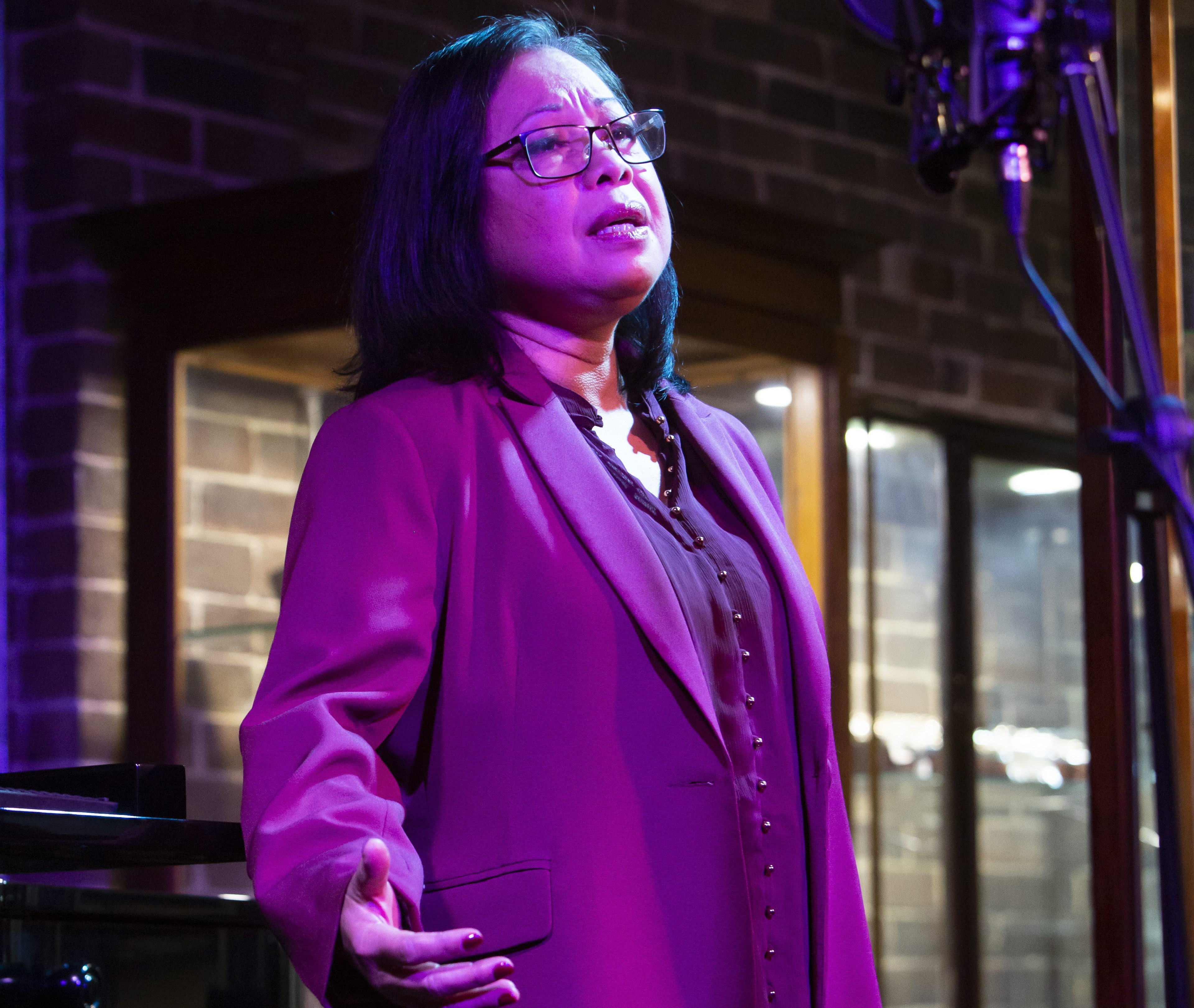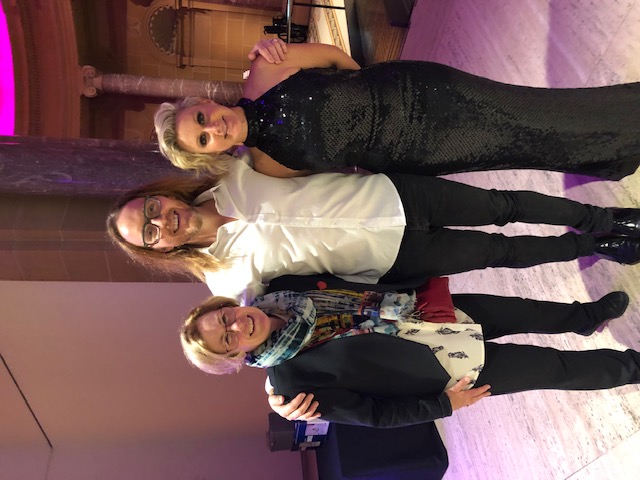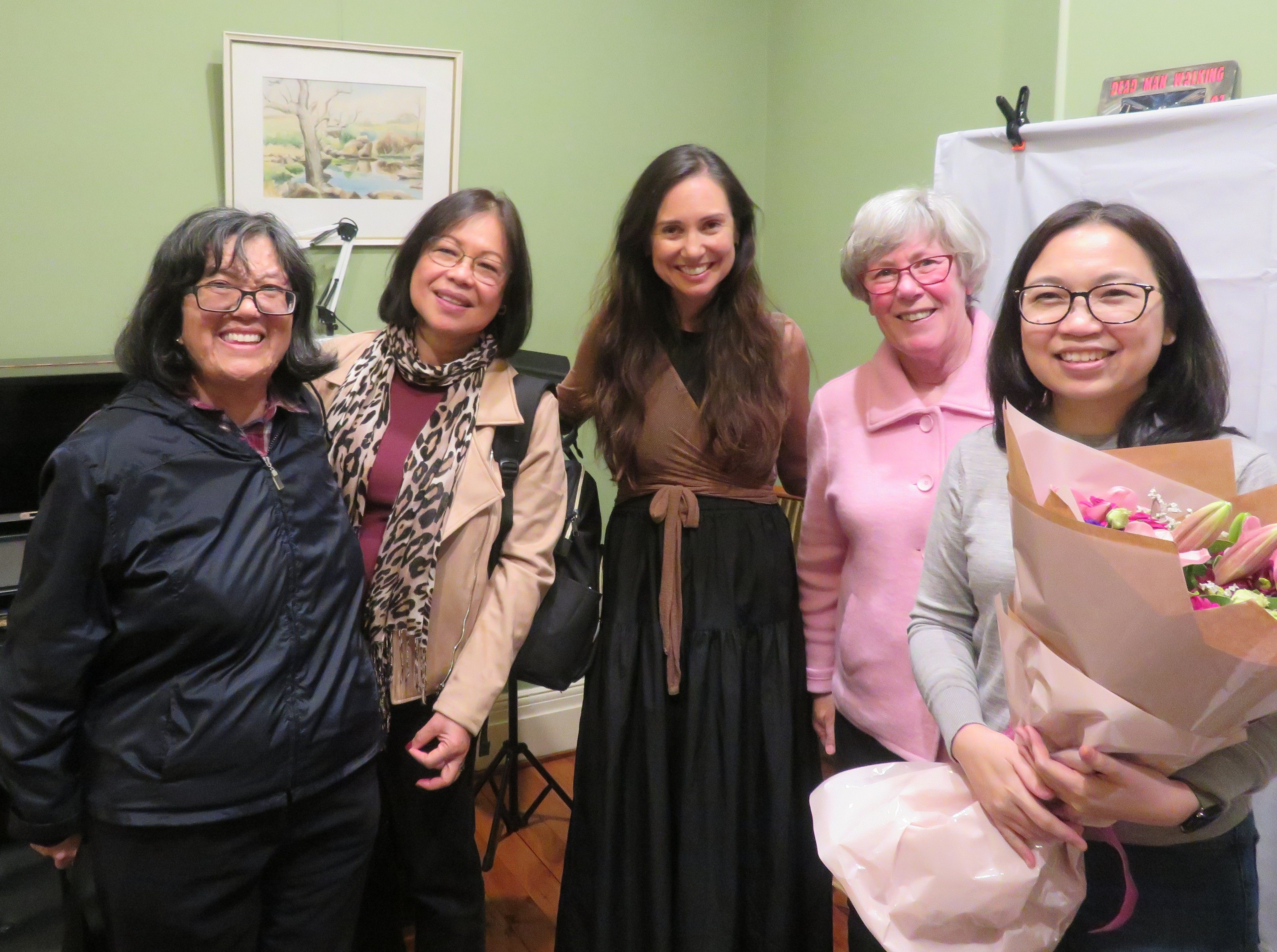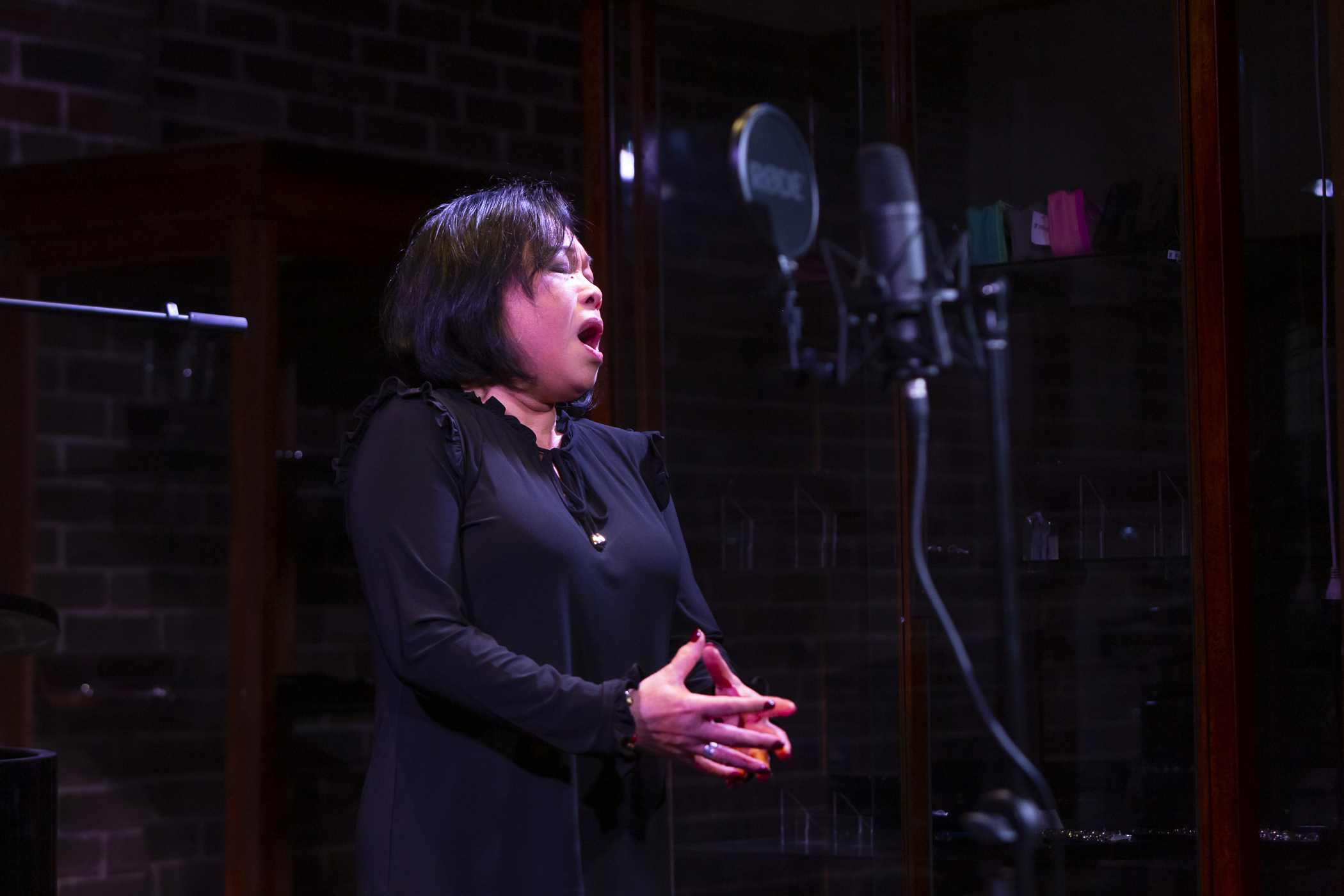Learning to sing after 40: Get comfy out of your comfort zone
In life, we’re always learning. As we age, though, we might let go of some goals, thinking we’re too old. But adages like ‘It’s never too late’ and ‘You’re only as old as you feel’ ring true with learning a new skill later in life – like singing.
Sometimes we get in our own way, thinking: ‘I don’t have time or brain space to learn something new’; ‘I tried before but didn’t like the teacher’ or ‘where would I use it?’

Photo by Bogomil Mihaylov from Unsplash
Creativity for its own sake adds value – and health benefits – to our lives. Singing especially enhances wellness as we enter middle age. Studies demonstrate its cognitive benefits. There’s evidence singing improves mental health, and lowers the stress hormone, cortisol. Group or choir singing releases the social bonding hormone, oxytocin, and there are physical advantages, such as improved posture and breath function.
Put simply, singing promotes healthy ageing. As the United Nations has declared the years 2021 to 2030 the Decade of Healthy Ageing, there’s no better time to make room for creativity in your life, if singing has been on your ‘one day’ list.
Two of my singers, Anne Richardson and Joanna Copeland, share their experiences of learning singing after age 40.
Joanna has learned singing on and off since age 18. Working with me since 2015, she was inspired to return to singing after a chance conversation with a professional musician, who said it seemed a waste she was not doing more with music.
Singing since childhood, Anne Richardson has been studying singing for 16 years and working with me for almost seven years.

Photo by Debby Ledet from Unsplash
Why is singing and singing training important to you?
Joanna: Music is part of me, especially singing. It keeps me grounded and helps me creatively. It is mindfulness set to song.
Anne: Because training is where you learn the solid foundation, i.e., starting from basic vocal techniques through to improving breath control, muscle memory, securing register changes and, most of all, improving confidence in time.
How does singing enhance your mental and physical health?
Joanna: It just does – mental more so than physical.
Anne: It makes me happy and healthy mentally. It boosts my energy, when combined with breathing and physical exercises, to improve my learning capacity and physical energy.
How do you fit singing practice around your work and personal life?
Joanna: With great difficulty – I work full time and sail competitively. Singing used to win over sailing, but now the sailing does.
Anne: I sing around the house: 10-20 minutes a day to focus on breathing exercises and vocal practice. Lip buzzes work well, along with humming.
What were your singing goals and are you achieving them?
Joanna: To rediscover and fine-tune my voice. I have a done a few exams, and pushed myself to do a couple of challenging song cycles.
Anne: To learn vocal techniques and improve self-confidence, while adding new songs into my repertoire. Now, I sing with confidence – different types of songs – compared to five years ago. I’m happy with my progress.
Are you working on any singing projects?
Joanna: Song cycle: the ‘Sea Pictures’ Opus 37 by Edward Elgar. It’s a cycle of five songs, each about the sea – something I have a strong connection with.
Anne: My current project is a future live concert, studio recording, auditioning for a choir, learning another French song cycle, writing contemporary songs, and performing.
How has your singing improved since working with Kathleen?
Joanna: I can breathe better and have a greater body awareness and where things need to be to sing well, e.g., palate, tongue, ribs, feet, knees. Having more technical capability helps with the creative aspect.
Anne: I have improved my singing technically and creatively. I know there’s more to come and I’m looking forward to future progression. No age limit.
Whether you’re starting to sing for the first time, or returning to it after ‘life got in the way’, there really is no age limit to it – and it can only promote healthy ageing!
Kathleen Connell’s expertise helps mature age singers develop sustainable voice techniques. Browse our in-person or online singing lessons, or call us on 0402 409 106.
